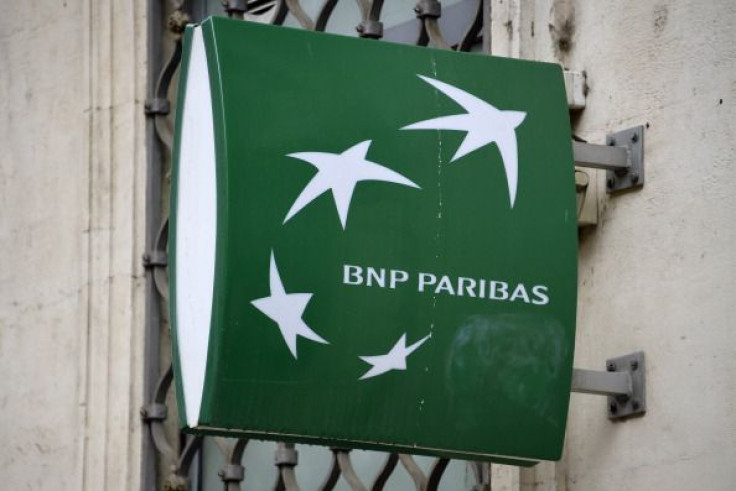Trading Startups Plan Antitrust Suits Against Big Banks

Two online trading start-ups are preparing antitrust suits alleging that major banks conspired to block customers from using their platforms to trade interest rate swaps.
TeraExchange and Javelin Capital Markets will claim the banks threatened to cut off customers who tried to trade on the platforms, sources familiar with the situation told IFR.
TeraExchange, which one source said could file suit as early as Friday, is readying charges against many of the biggest names in the banking industry.
Bank of America Merrill Lynch, Barclays, BNP Paribas, Citigroup, Credit Suisse, Deutsche Bank, Goldman Sachs, HSBC, JP Morgan, Morgan Stanley, Royal Bank of Scotland and UBS will be named, the sources said.
The suit from Javelin is expected to come later, and it was not immediately known which banks the company would accuse.
The allegations mirror those in a lawsuit last year by a Chicago pension fund that accused the same 12 banks of trying to keep customers away from Tera, Javelin and other platforms.
That suit said the banks in question had effectively made it more expensive for investors such as the pension fund to trade in derivatives.
Tera and Javelin declined to comment, as did Thomas Ogden, the partner at law firm Wollmuth Maher & Deutsch who is preparing their lawsuits.
OPAQUE SYSTEM
The allegations and indeed the companies themselves have strong connections to the tighter regulations on banks drafted in the wake of the last financial crisis and global crash.
The 2010 Dodd-Frank Act, and draft regulations agreed by the G20 nations on which it was partly based, specifically tried to increase fairness in trading interest rate swaps.
Banks are believed to make hefty profits in the currently opaque process of trading swaps, as they set pricing on all contracts - and all sales of the contracts must be done through the banks themselves.
With the expectation of change under Dodd-Frank, Tera and Javelin were founded to provide anonymous so-called all-to-all platforms that would cut out the need for bank involvement.
But both companies have struggled to gain traction in the market - and will claim that collusion by the banks is the reason why.
The same 12 banks paid US$1.87bn in September to settle similar charges of anti-competitive behavior in the trading of credit default swaps, or CDS, but without admitting guilt.
It was the third-largest cash settlement ever of a US class action antitrust lawsuit.
NO CUSTOMERS
Some in the market believe the lawsuits are merely a last-ditch effort to extract money by companies that have simply failed in the marketplace.
Instead of bank collusion, they say, the actual reason that the platforms have failed is that they were not cost-effective enough to draw significant numbers of customers.
A banker at one of the 12 banks who asked not to be named told IFR that his clients had just not shown much interest in Tera or Javelin.
"We didn't have a groundswell to trade on those [platforms]," the banker said. "Those allegations are a stretch."
But Dan Brockett, the lead lawyer in the suit filed by the Public School Teachers' Pension and Retirement Fund of Chicago, said the companies are telling the truth.
"The fact that Tera is going to file its own case underscores that what we were saying is accurate," said Brockett, partner at Quinn Emanuel Urquhart & Sullivan.
"The banks executed a group boycott to prevent exchanges that offer all-to-all trading," he said. "Their complaint seems entirely consistent with ours."
© Copyright Thomson Reuters 2024. All rights reserved.











